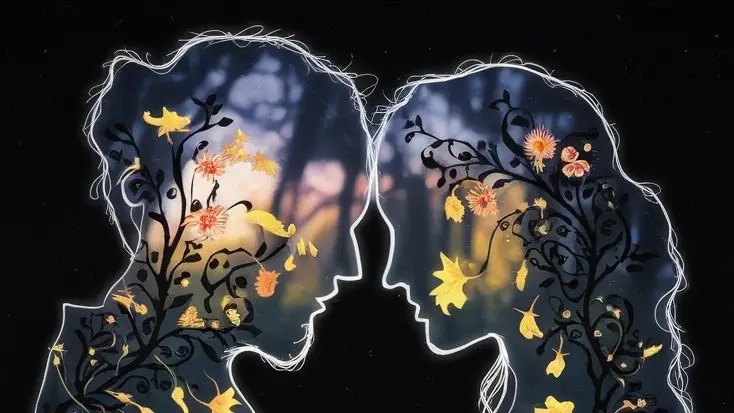Loving a warrior means loving someone who is driven by purpose, responsibility, and often, high stakes. Whether in traditional societies or modern contexts, being married to a warrior comes with unique emotional challenges. From managing fear and uncertainty to holding the emotional weight of your husband’s journey, this role is not for the faint of heart.
This article explores the emotional toll of being married to a warrior, offering insights into both historical and modern experiences and practical strategies for resilience.
The Emotional Strain of Warrior Partnerships
In traditional warrior societies, wives faced a constant undercurrent of worry. Every battle brought the possibility of loss, leaving families in limbo. These emotional burdens were compounded by long separations and the uncertainty of when—or if—the warrior would return.
Modern-day warrior marriages are different but no less challenging. For example:
• Fear of Loss: Whether your husband is in the military, a first responder, or a high stakes profession, their work can be inherently risky.
• Loneliness: The long hours or extended absences associated with their responsibilities can leave you feeling isolated.
• Emotional Disconnection: Warriors may struggle to share their vulnerabilities, making it hard to connect on a deeper emotional level.
• Pressure to Appear Strong: Society often expects wives of warriors to project strength, leaving little room for processing their own emotions.
The Impact on Identity
Wives of warriors often find themselves asking, Who am I beyond this role? The demands of being emotionally present for a warrior can blur the lines between your individual identity and the relationship. While love can anchor you, it’s essential to maintain a sense of self to avoid feeling lost or overwhelmed.
Building Emotional Resilience
Loving a warrior doesn’t mean ignoring your own emotional needs. Here are some strategies to cope with the challenges:
1. Acknowledge Your Emotions: It’s okay to feel fear, loneliness, or frustration. Suppressing these emotions only compounds the strain. Instead, find healthy outlets to process them, like journaling, therapy, or speaking with a trusted friend.
2. Establish Support Networks: Surround yourself with people who understand your unique journey, whether that’s a community of fellow partners or a supportive group of friends and family.
3. Prioritize Self-Care: It’s easy to put your warrior’s needs first, but you can’t pour from an empty cup. Prioritize activities that bring you joy and recharge your energy.
4. Encourage Vulnerability in Your Husband: While warriors may be conditioned to appear strong, encourage open communication about their experiences and emotions. This creates a foundation of trust and mutual understanding.
5. Focus on Shared Goals: Remind yourselves of the purpose driving your relationship. Whether it’s raising a family, building a legacy, or supporting a cause, aligning on shared goals can strengthen your bond.
Modern Solutions for Age-Old Challenges
In modern times, we have access to resources our ancestors didn’t:
- Therapy|Counseling|Coaching: Individual or couples’ therapy can help both partners process the emotional challenges of the relationship.
- Community Support Groups: Online and in-person groups provide connection and solidarity for those in similar situations, offering a safe space to share experiences and advice.
- Technology for Connection: When physical distance creates emotional strain, technology—video calls, voice notes, or shared digital photo albums—can help you maintain intimacy and connection.
- Mindfulness and Stress Management Practices: Practices like meditation, yoga, and breathwork can help you manage the emotional toll of the warrior lifestyle and stay centered during challenging times.
The Hidden Strength of Warrior Marriages
While being married to a warrior comes with undeniable challenges, it also offers unique opportunities for growth and resilience. Wives of warriors often develop incredible strength, empathy, and adaptability. They learn to find joy in the small moments, to thrive under pressure, and to support their warrior with grace and determination.
However, it’s critical to remember that strength doesn’t mean suppressing your own needs. A thriving warrior partnership is one where both individuals feel supported, understood, and valued.
Being married to a warrior, whether in the traditional sense or in a modern context, requires emotional fortitude. It’s a role that demands resilience, yet offers deep rewards when balanced with care and intentionality.
By prioritizing open communication, self-care, and shared purpose, you can navigate the emotional complexities of this relationship while nurturing your own growth and happiness.
Loving a warrior is not for everyone—it’s a role for those who are willing to embrace both the challenges and the extraordinary rewards that come with standing beside someone whose life is driven by purpose.



